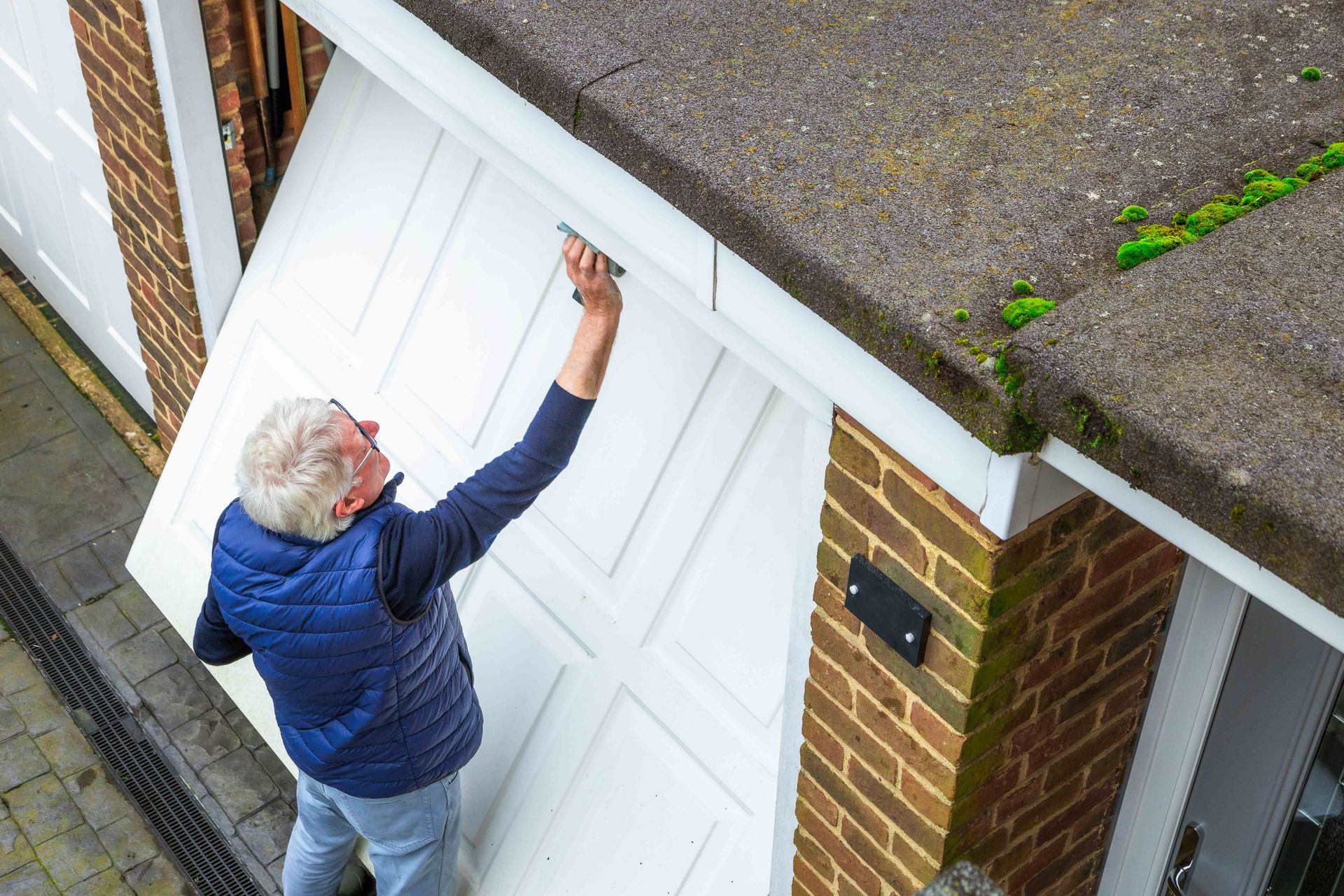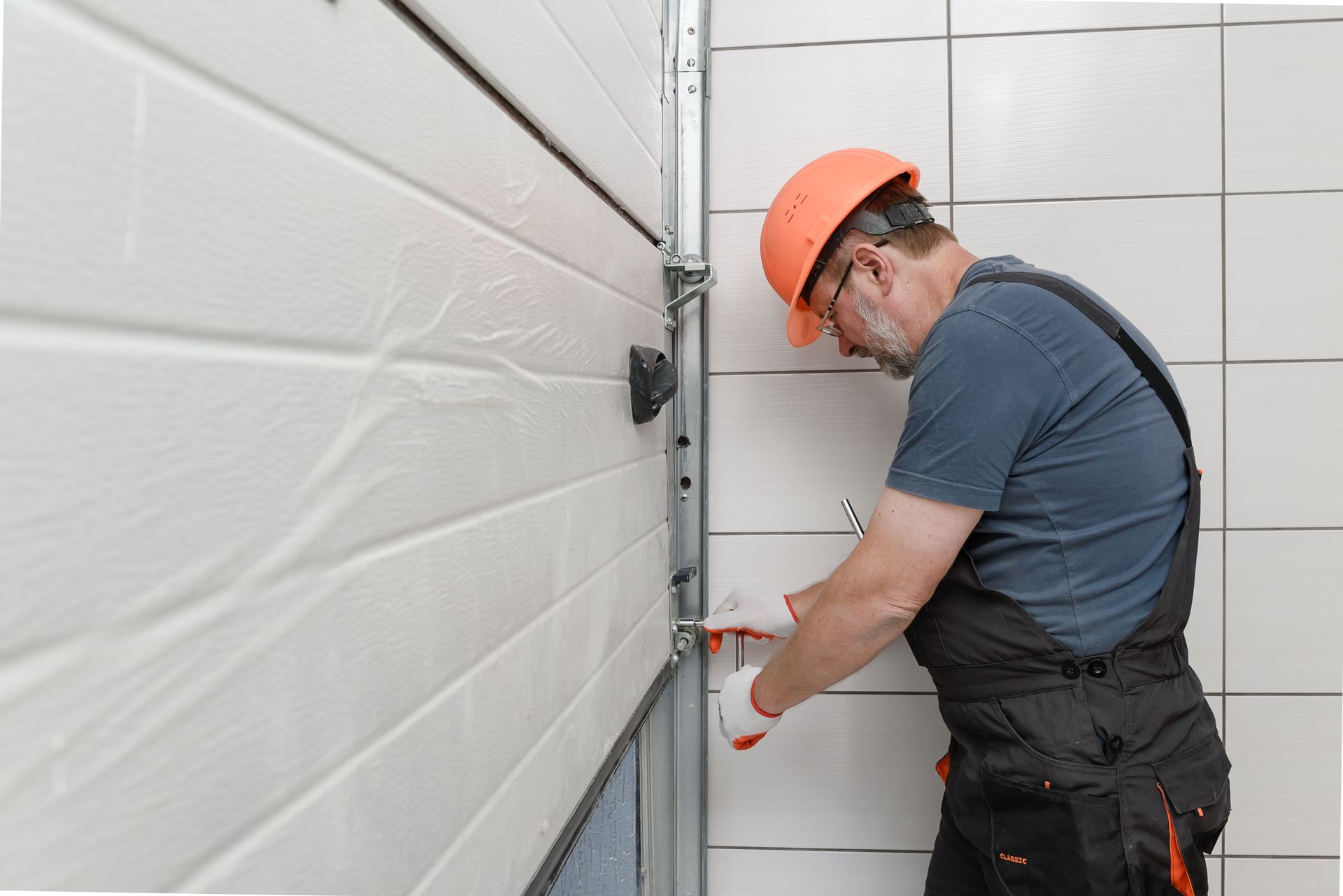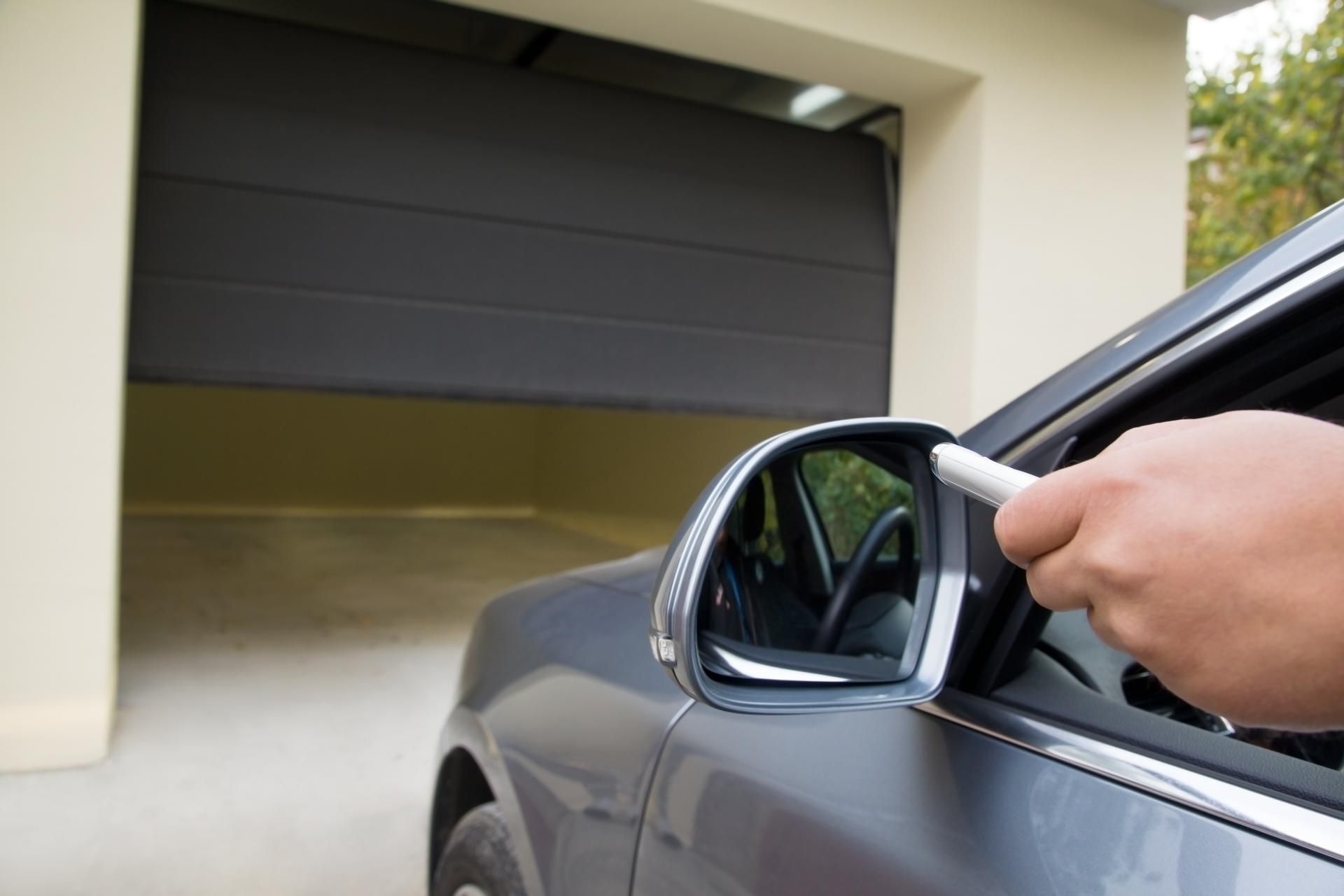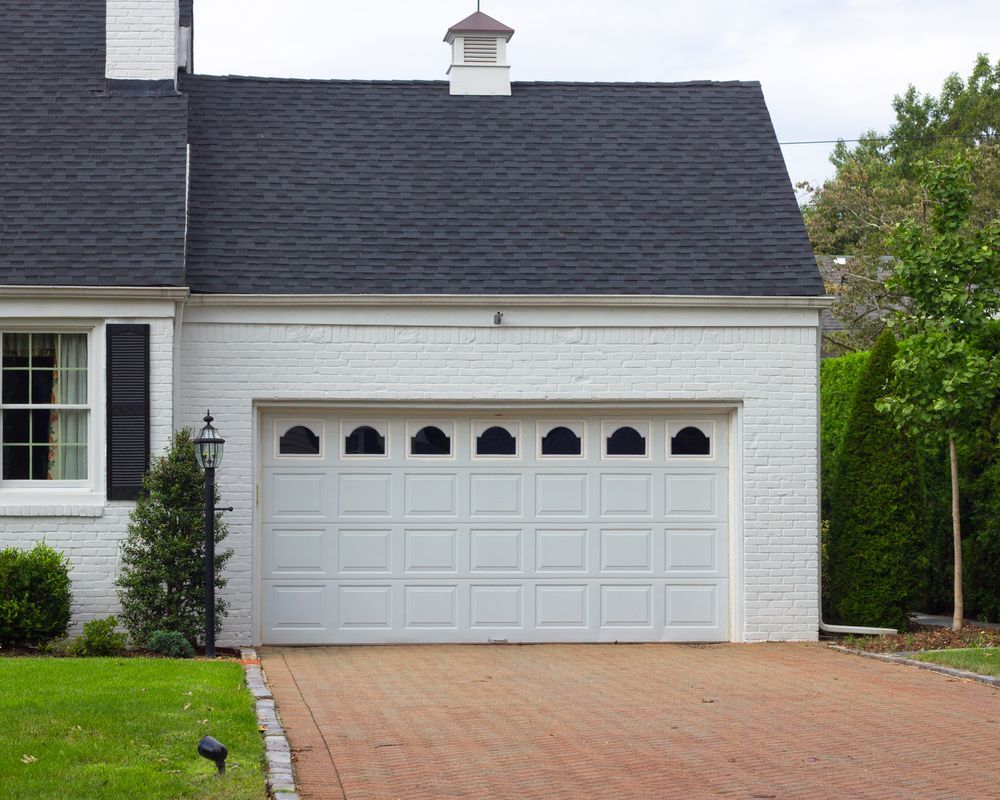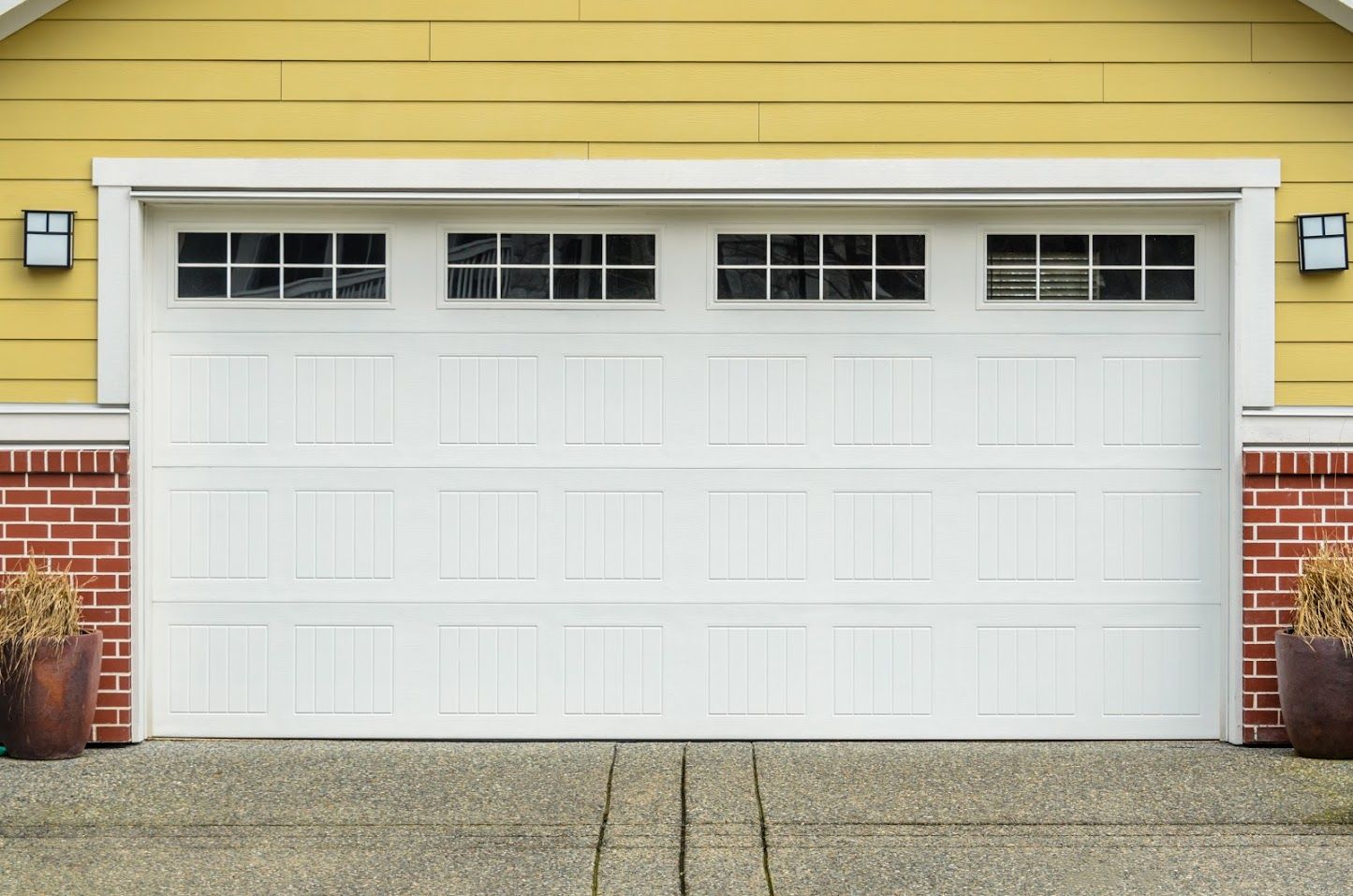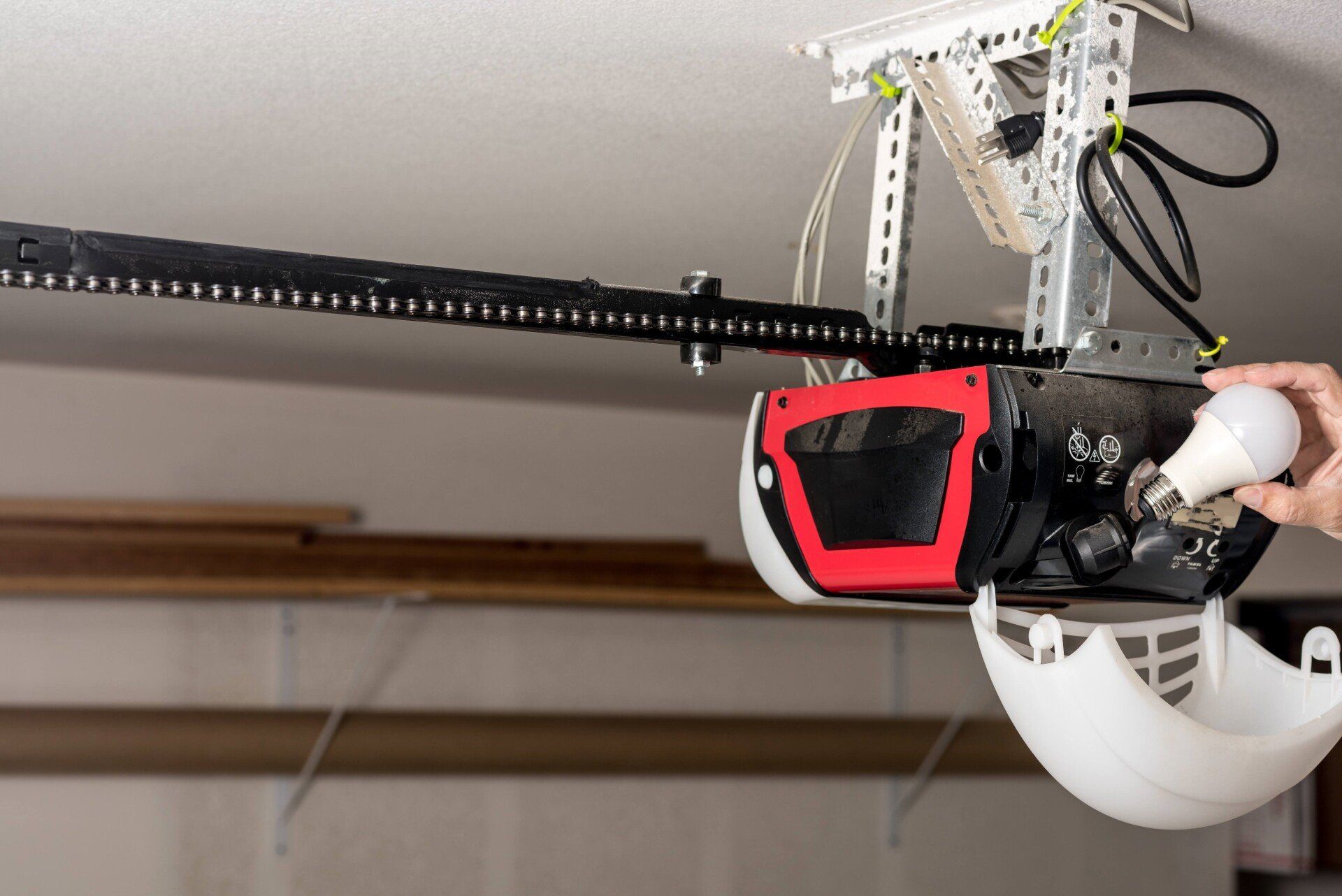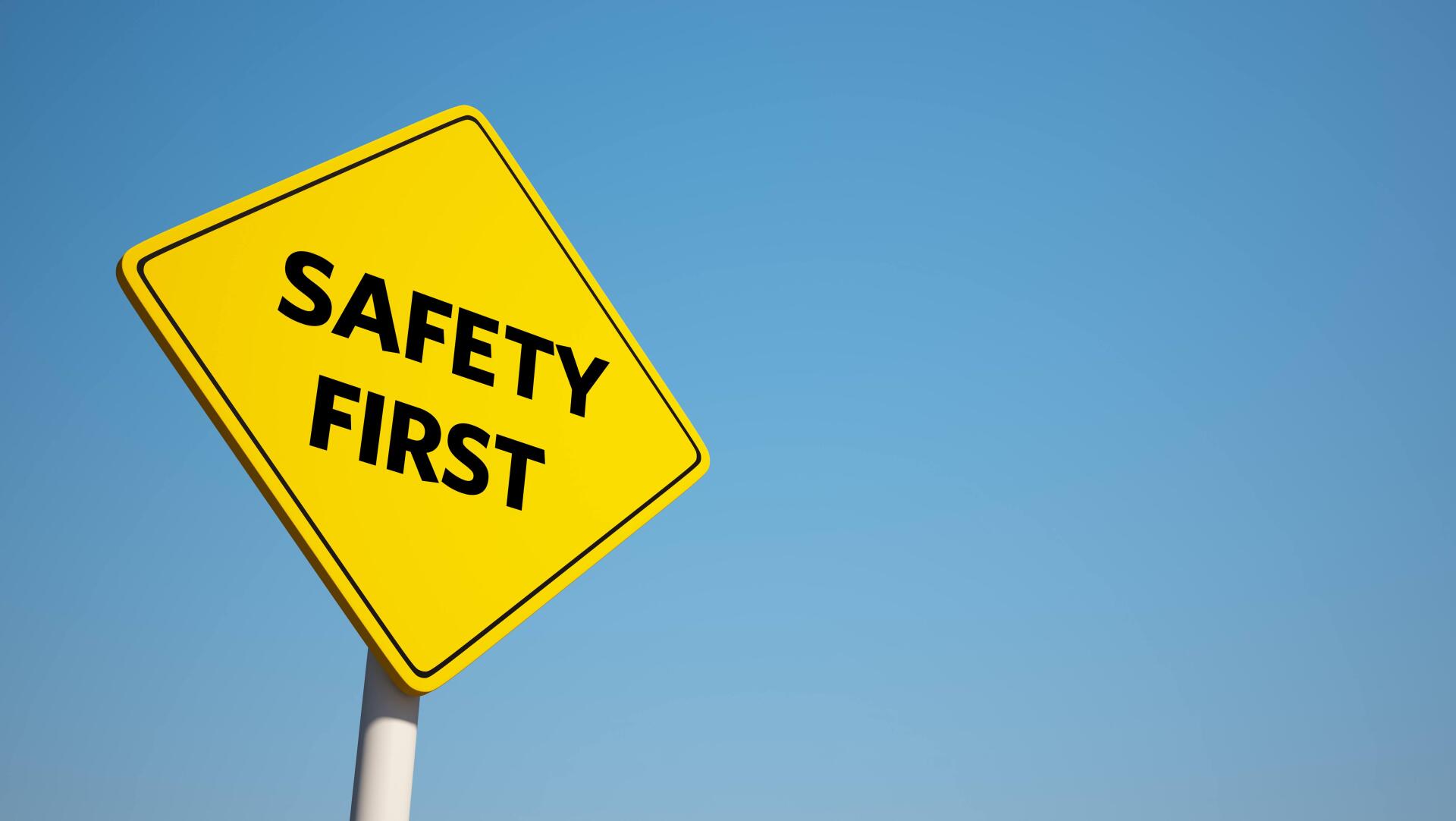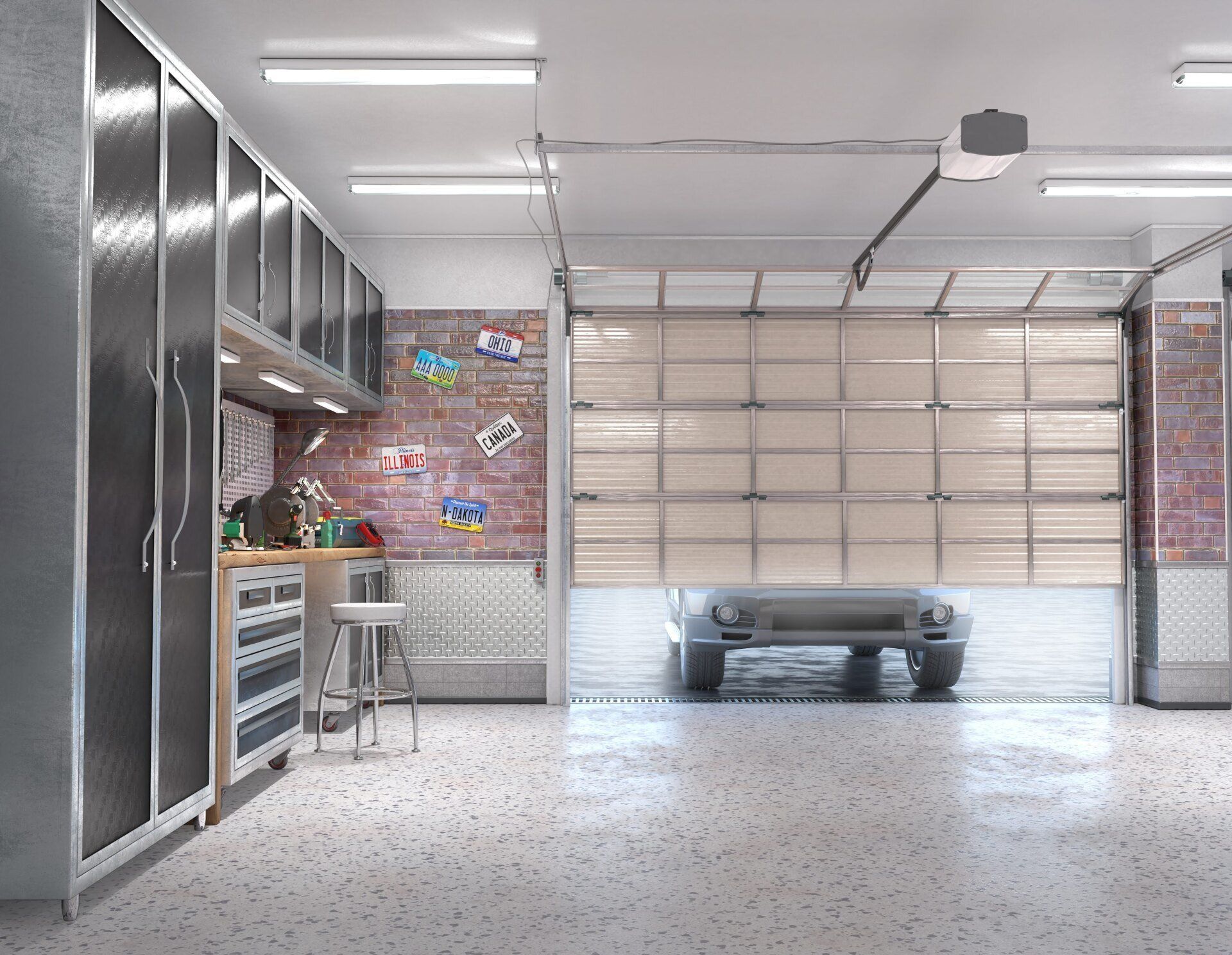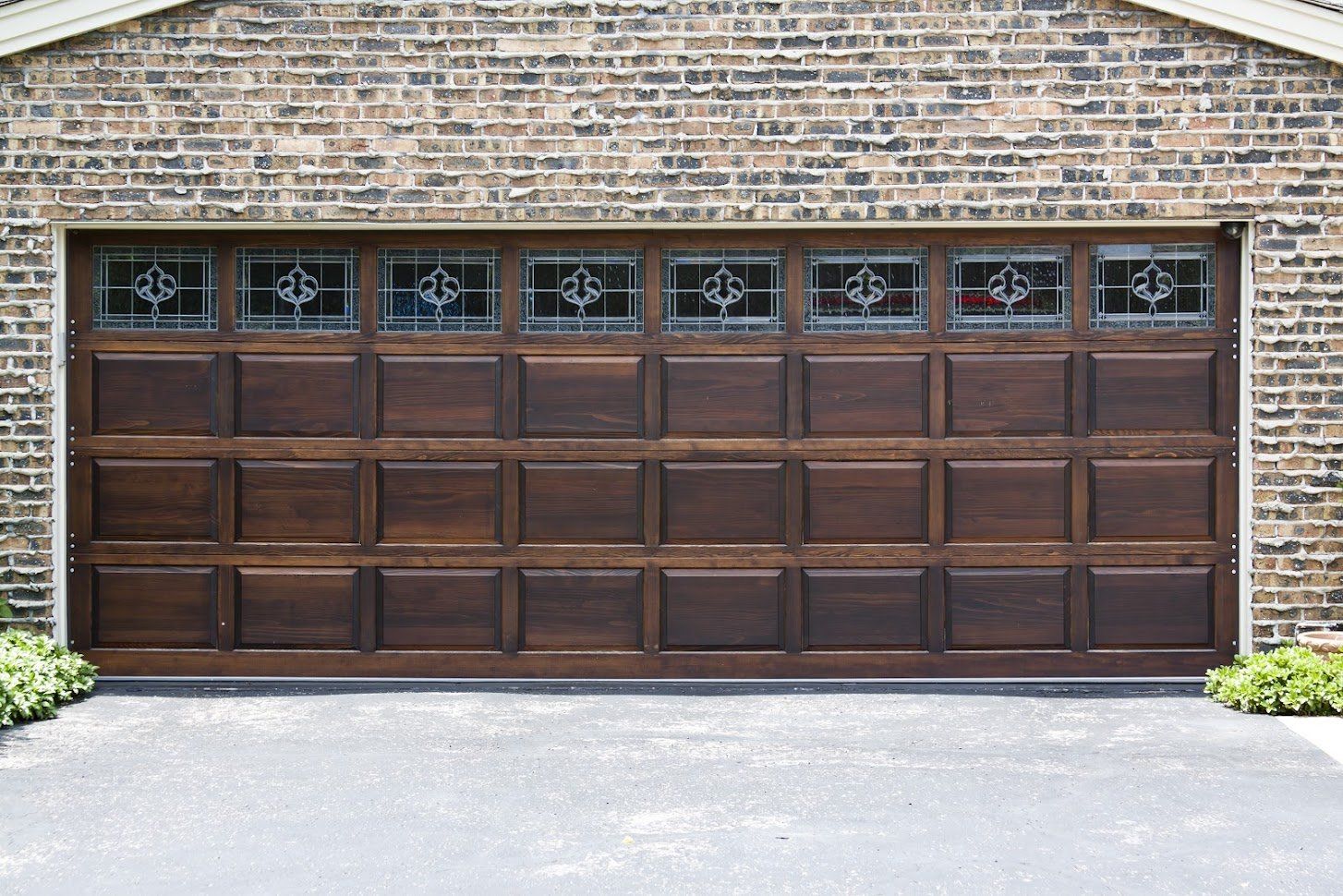How To Fix A Noisy Garage Door

A garage door is one of the most significant moving objects in any home. A garage door provides easy and convenient access to the garage. However, the garage door can sometimes be noisy, even with its usefulness.
A noisy garage door can be a nightmare to live with. Noisy garage doors also tend to wear out much faster, and they could become potentially dangerous as well.
A noisy garage door could mean that it needs replacements. However, this is not always the case, what may seem to be a big problem at first glance might just need a few fixes or adjustments.
Below are some methods to help you solve your noisy garage doors problems.
Tighten Nuts And Bolts
Garage doors cause a lot of vibrations. The constant vibrations cause the loose parts to rattle annoyingly. Before trying an invasive solution, tighten any loose screws, nuts, and bolts when you notice strange noises.
You will need a wrench and a socket to tighten all loose nuts and bolts. You should tighten the loose parts snugly and ensure they are not too tight. Tightening the bolts and nuts will reduce the noise coming out of your garage and the chances of an accident occurring.
Lubricate Moving Parts
Garage doors have moving parts that need maintenance. Listen closely to the noise coming out of your garage door. If your garage door squeaks or creaks when opening or closing, chances are it is because of poor lubrication.
Lubrication not only helps prevent the cringing noises but also reduces the wear and tear of the moving parts on your garage door. You should lubricate all moving parts every six months as a rule of thumb. Apply lubricant generously to the metal parts, including the following:
- Hinges
- Both springs
- Tension cable wheels
- Rollers
When acquiring a lubricant, ensure you purchase garage door lube.
Garage lube penetrates the parts as liquid and dries to form a non-tacky compound that won't attract dust and grime. Desist from using cheap non-metal grease, which picks up dirt and grit — not suitable for moving parts.
Inspect and Replace Door Rollers
If tightening loose parts and lubricating the moving parts doesn't work out for you, you should consider inspecting your rollers. Garage door rollers are wheels running along the metal rails on both sides of your garage door when it's opening and closing.
Rollers are a common problem for garage doors because they are under constant friction, making them susceptible to wear. Severe wear can cause the rollers to grind and wobble, producing an unsettling sound when operating the door.
Consider replacing worn metallic rollers with nylon rollers. Though nylon rollers are more expensive than steel, they are quieter and don't need any lubrication.
Replace the Hinges
Like the springs and rollers, the hinges also get damaged from continuous use. Worn hinges are less common than worn rollers but result in a lot of noise. Bad hinges can cause the tongue-and-groove joints at the door sections to wear out as well.
Also, check if some crews are missing, broken, or rusted from your hinges, as these are common issues that produce noise.
Some hinge-play should not raise concern, but an oblong nut hole or dust and metal filing is a sure-fire sign of wear. If this appears to be the case, you should consider replacing your hinges not only to eradicate the noise but also to ensure your safety.
The garage door is arguably the largest moving object in your home, and noise is rarely a good sign. For peace of mind, schedule regular professional maintenance for your garage door. A trained professional will conduct an extensive examination of your garage door and fix the noise issue and any other you may have missed.
If the above DIY repairs don't solve the problem, don't hesitate to contact a trusted garage door service for any help or assistance. Call Overhead Doors Unlimited, LLC now for professional 24-hour emergency service.



